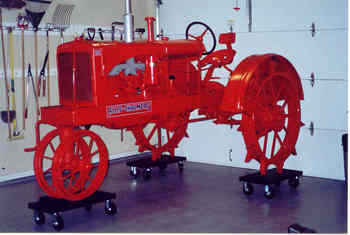
Complete Tire & Wheel Advice for Any Vehicle Type
Your tires and wheels serve as the foundation of your vehicle’s performance. From grip and cornering to ride smoothness and fuel economy, the correct setup plays a critical role in how your vehicle behaves on the road. Whether you’re replacing worn-out tires or looking to upgrade for visual appeal or performance gains, understanding the best choices for cars, trucks, and SUVs will help you avoid costly mistakes and improve your driving experience.
Cars typically benefit from all-season or touring tires that offer a comfortable ride, low road noise, and dependable grip in a variety of conditions. Drivers focused on performance might consider summer tires with higher speed ratings or dedicated winter tires for enhanced cold-weather safety. When selecting wheels, look for strong, lightweight materials like aluminum or flow-formed alloys, which improve acceleration, braking, and cornering without significantly affecting ride quality. Always verify load capacity and match your vehicle’s OEM specifications when upgrading.
Truck drivers must factor in payload, terrain, and usage frequency when selecting tires. Whether you’re pulling a trailer, hauling lumber, or driving on gravel roads, the tires must be durable, puncture-resistant, and rated for higher load capacities. A/T and M/T tires excel in these categories, though they may be noisier than highway-terrain (H/T) options. Wheels should be strong and corrosion-resistant—steel wheels are ideal for work trucks, while alloys balance strength with visual appeal for everyday drivers. Consider beadlock options if you frequently air down your tires for off-road adventures.
SUVs demand a versatile tire and wheel package. Most drivers prefer comfort, all-weather safety, and quiet operation, making all-season or highway terrain tires a popular choice. However, if your SUV sees dirt trails or seasonal snow, consider an A/T tire with better off-pavement grip. As for wheels, stick with reputable brands that offer proper offset, hub-centric fitment, and corrosion protection. Too large a wheel can degrade comfort, while too small might not clear the brake calipers. Balance is key.
Regular maintenance is essential for prolonging tire and wheel life. Rotate your tires every 5,000 to 7,500 miles, and always ensure proper alignment and inflation. Under-inflated tires reduce fuel economy and wear prematurely, while over-inflated ones lead to poor traction and harsher rides. Clean your wheels regularly to prevent corrosion—especially in winter months when road salt is common. Inspect for cracks, punctures, and tread wear patterns, and replace tires that show signs of damage or aging, even if the tread looks adequate.
Ultimately, tires and wheels are more than just accessories—they're critical to your safety and driving experience. Always purchase from a trusted retailer or tire shop, and when in doubt, consult your vehicle’s manual or a tire professional. Avoid mixing tire types, and don’t neglect things like speed ratings or load indexes. The right setup not only boosts your vehicle’s capabilities but also protects your passengers and cargo. Investing in quality rubber and metal is Go to page one of the smartest decisions any driver can make.